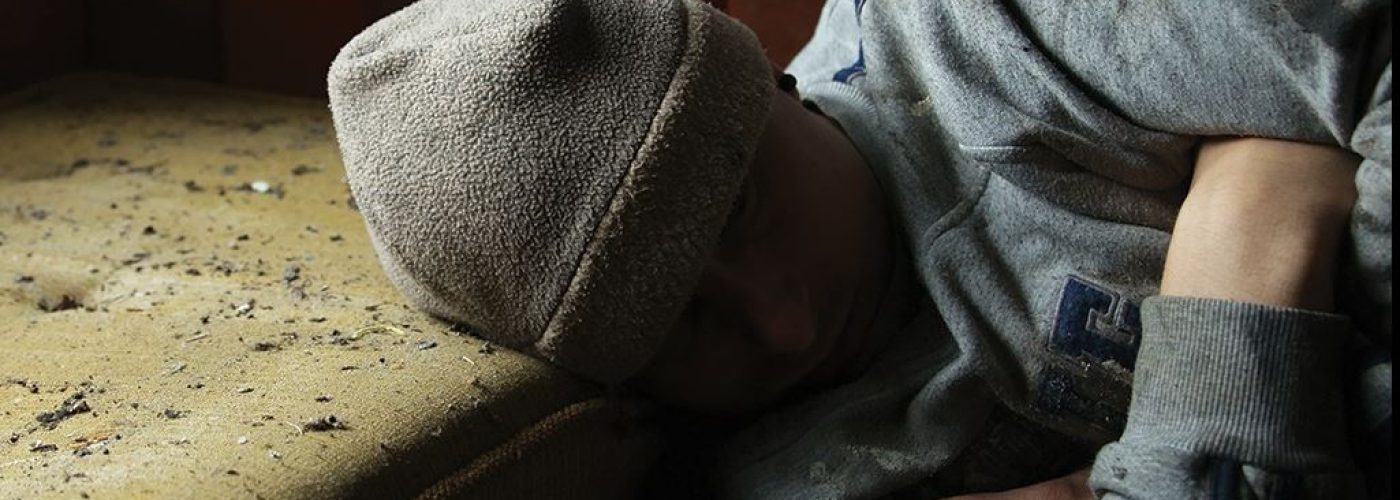Contractors will be challenged to prove they are not using illegal or slave workers after the Considerate Constructors Scheme issued a new checklist.
A revised set of questions, which will come into force in February, will ask how sites “assess and monitor the legitimacy and competency of the workforce”.
CCS chief executive Edward Hardy said the question had been prompted by growing concerns over the use of illegal workers and modern slavery in construction.
In 2013, the government identified 53 “potential victims of modern slavery” in the industry.
The National Crime Agency’s latest strategic assessment listed construction as the sixth most prevalent sector for labour exploitation reports.
Mr Hardy said introducing the question would encourage main contractors and their supply chains to take greater responsibility for the way they recruit their workforce.
“It’s a challenge for them, as currently what they do is assume all those working in the supply chain are ensuring [eligibility to work],” he told. “By asking this question, it will put a structure in place for everyone in the supply chain to provide evidence that they, as subcontractors, are making sure.”
He added: “Let’s make an assumption that there are illegal workers in construction: surely we should make sure at the very least that they’re not on sites registered with us.”
Mr Hardy said sites should establish a culture whereby workers feel able to highlight to management when they have concerns over colleagues. He also suggested that contractors introduce spot testing, as is currently done in relation to drug and alcohol use.
The CCS leadership is due to meet Home Office officials next week. In October, the Home Office published guidance on supply chain transparency in the wake of the Modern Slavery Act 2015, which became law in March.
In the foreword to the guidelines, home secretary Theresa May said: “I want to support, motivate and incentivise organisations to understand the complex issue of modern slavery and how they can tackle it. It is simply not acceptable for any organisation to say, in the 21st century, that they did not know.”
The updated CCS checklist will also include a question asking site managers what they are doing “to improve the overall image of the industry to attract and retain the workforce necessary for the future of construction”.
Mr Hardy said the question was included as a response to fears that there will not be sufficient workers to meet the pipeline of future work.
He said: “We need to dispel this myth that it’s a filthy, dirty horrible place to work, or that you’re not looked after, or it’s dangerous. Ten years ago, the reality was there were still [these] issues. But what we see now is that the vast majority of sites do look after their workforce incredibly well and far better than most would realise.”
Karen Bradley, minister for preventing abuse and exploitation, said: “Modern slavery is an abhorrent form of exploitation, with ruthless criminals targeting society’s most vulnerable people for monetary gain.
“Earlier this year, we brought in the Modern Slavery Act – the first act of its kind in Europe – to give protection to victims and hand down harsh penalties on offenders, who now face up to life imprisonment if they are convicted of slavery offences.
“Regardless of a businesses being large or small, they can all play a role. Whether that is developing initiatives to respond to the potential threat of modern slavery, or everyone on a construction site simply looking out for a colleague or group of employees, and if they’re concerned acting immediately.”





